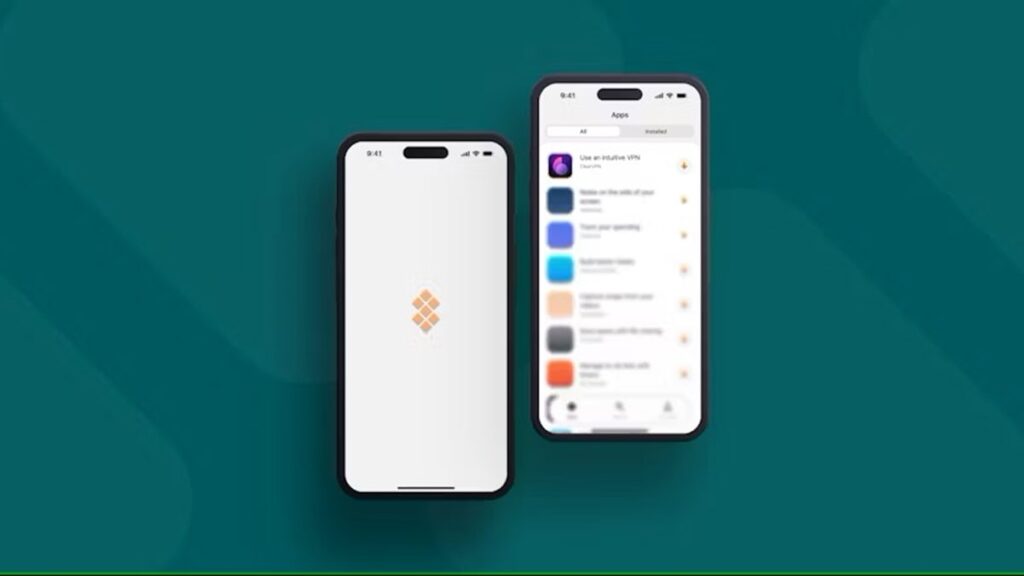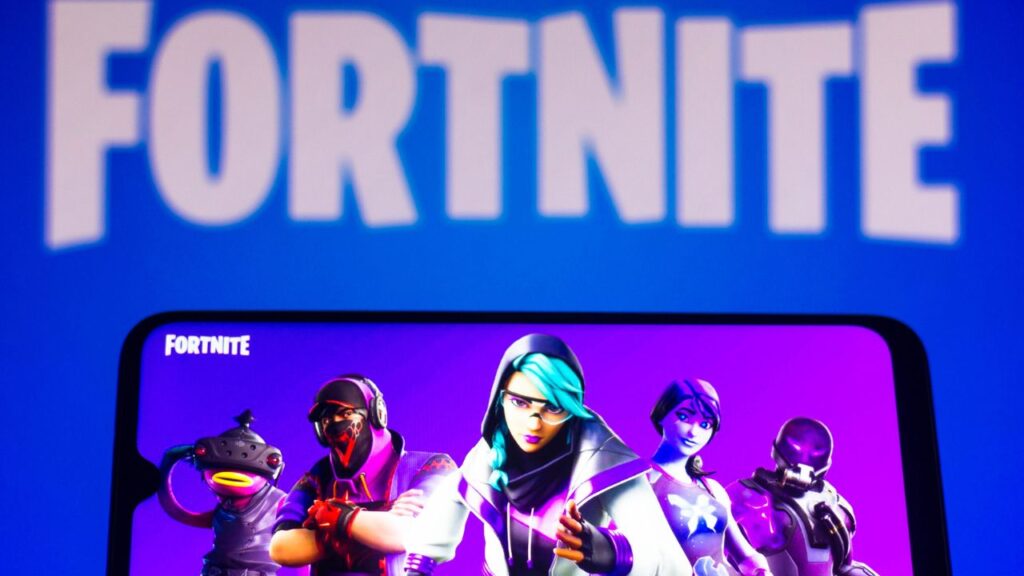iOS will never be the same again. Apple opened up the ecosystem of iPhone to alternative app stores: Users can sideload apps outside the official App Store, download alternative ones, and even set them as default. A novelty that comes in response to Digital Markets Act of the European Union with the update iOS 17.4. And that will only apply to European users — and only while they are in Europe. But what are these upcoming app stores? And are they worth using?
Alternative app stores on iPhone: what are they (and who to trust)?
With the advent of iOS 17.4, users will have the freedom to download third-party app stores directly from their websites. These marketplaces will still have to pass Apple approvaland once downloaded, they will request the explicit user consent to install new apps.
But once an alternative marketplace is installed, users will be able to freely download apps of all kinds. For free, or using the payment mechanisms of the digital store you have chosen. Furthermore, it will be possible to set a non-Apple app store as default on your device.
An unprecedented openness on the part of Apple – but it doesn’t seem exactly enthusiastic about having granted it. In fact, it will allow the use of alternative app stores on iPhone only to those who reside in Europe and have a European Apple ID. Indeed, if you stay abroad for more than a month you will no longer be able to download apps and updates. Cupertino says it’s to protect users from insecure apps. So the question is legitimate: should we trust alternative marketplaces? Which ones will arrive on iOS and which ones can we trust?
What new digital stores will we see on iOS?
You shouldn’t expect iOS to be overflowing with alternative marketplaces for a while. Apple has established a store verification system that you can install directly from the manufacturers website from your browser. A practice that has existed for some time on Android, but which has only recently become feasible on iOS.

The first marketplace has been talked about Setapp, which has already announced its arrival on iOS — even if not right away. This app store of MacPaw It has already been working on Mac for some time, but within this year it will also have its mobile version. It works differently from the Apple App Store: every month you pay 9.99 euros to have over 230 apps included: a curated selection of software, which includes other products from MacPaw itself.
Different from the App Store, but ready for the launch of iOS 17.4, it is also Mobivention App Marketplace, which debuted in Germany and will soon arrive across Europe. As DDay explains, the German company Mobivention GmbH will not only offer apps for consumer users, but will also open the doors to the market B2B. In practice, Mobivention can become the platform for other companies wishing to create their own store custom app. In short: more than a real alternative to the App Store, it promises companies to build dedicated marketplaces.
Among the first to respond to Apple’s openness, there is AltStore, already known for providing “localized” apps that defy Apple’s App Store rules. As TechRadar reports, this alternative store is working to transform itself into a legitimate app market — where, however, you can download applications that the App Store wouldn’t let you download. Like some emulators for old Nintendo consoles, or virtual machines of various types.
Added to these are other alternative app stores, which until recently could only be installed by users willing to bypass iOS protections. But which, if they passed Apple’s checks, would become easily downloadable from the website. Like those reported by Fastweb in this article: AppValleyknown for modded versions of apps and games, and TweakBox, which focuses on alternative apps and modified versions. Or Ipa4ioswhich offers “optimized” versions of apps via the dedicated app.
The alternative stores of giants such as Microsoft, Epic and more

If these are the alternative app stores that have announced they want to debut on iOS — or that were already working on it in a roundabout way — the prospects are different for the big producers. While Setapp offers a selection of apps of proven quality and an AltStore offers applications that do not respect the rules of the official App Store, both are aimed at a small number of users.
Different speech for other companies, in particular those that work in the world of video games. Epic Games, which has long contested what it calls an App Store monopoly, is eager to launch its own marketplace. So that Apple has already closed Epic’s developer account, calling it “unreliable”.
The same can be said for Microsoft, which could launch its own Store on iOS where you can mainly download games and updates. But it could act as a bridge to then make users download office apps and artificial intelligence products. At the moment, there are no official announcements about it — but we’re sure that Microsoft and Apple executives are talking often behind the scenes. Because, although the majority of users will continue to use the App Store, losing market share could be a heavy blow for Apple. And if Setapp or smaller alternative stores aren’t scary, the big video game producers could do more damage than expected.
In any case, we will keep you updated: the future of the App Store, for the first time since its launch in 2008, seems a little more uncertain. And, therefore, it becomes even more interesting to talk to you about it.















Leave a Reply
View Comments